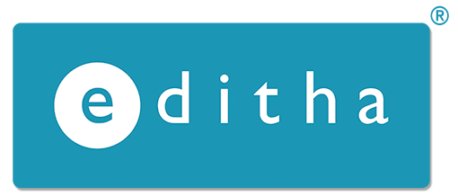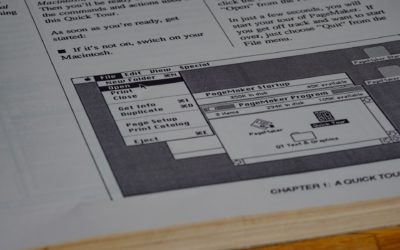There are some work tools in Editha that become a never again without already from the first use: MadCap Flare is one of them. Its topic-based approach significantly reduces authoring, updating and publishing times.
What is MadCap Flare?
MadCap Flare is presented as more than a help authoring tool and we at Editha couldn’t agree more. MadCap Flare allows you to create technical documentation and manuals, training guides, policy & procedure manuals, online Help sites, documentation portals, knowledge bases and more – all while maximizing content reuse and simplifying multi-channel publishing.
MadCap Flare supports topic-based authoring as its core functionality and allows you to create, update and publish the same content in different formats.
MadCap Flare benefits
We chose to specialise and become certified MadCap Advanced Developers through the MAD Certification Program in order to take advantage of the extraordinary flexibility of this tool in the DTP, migration and authoring processes.
The reasons for choosing MadCap Flare over other programs (or less versatile Content Management Systems) are many. The most valuable to us are the following:
- Topic-based authoring offers a modular content creation approach by splitting the whole document into stand-alone, easy-to-reuse modules.
- Multi-language project management allows us to support our partners in the translation process in over 40 languages, including Arabic and Hebrew.
- Advanced management of variables and conditional text maximizes content reuse.
- Enhanced review workflow keeps track of all version updates and makes us save time and money in the authoring, translation and DTP processes.
- Multi-channel publishing ensures we can work on multiple outputs starting from a single source and avoid dispersions and inconsistencies.
- MadCap Analyzer generates reports and finds critical issues, such as broken links, duplicate style formats, unused content files.
How we use MadCap Flare in Editha
In Editha we use MadCap Flare in two main fields:
– handbook and Online Help Desktop Publishing and content migration to other formats;
– translation Desktop Publishing which developed our passion for MadCap Flare. We’ve been collaborating with various translation agencies over the years and we have developed a procedure to isolate contents for translation so that they could be easily managed by SDL Trados Studio, the CAT Tool which is mostly used by our translation partners.
Our collaboration with translation agencies in the localization process has given us the chance to deal with different types of documentation and collect a wide range of case studies related to content authoring, updating and translation in MadCap Flare. We’ve been working on MadCap Flare for many customers in different sectors (healthcare, industrial refrigeration, etc.) and our experience gained in the field allowed us to fine-tuned a procedure to effectively migrate content from existing formats (Word, Frame Maker, Indesign, pdf) to MadCap Flare. There, we are able to structure contents into stand-alone modules that can be reorganized, updated and published effortlessly, avoiding long-term structural errors.
If you want to migrate your content from another program to MadCap Flare or need to analyse, translate or do the layout of existing MadCap Flare projects, contact us! We will assess your project together!





0 Comments